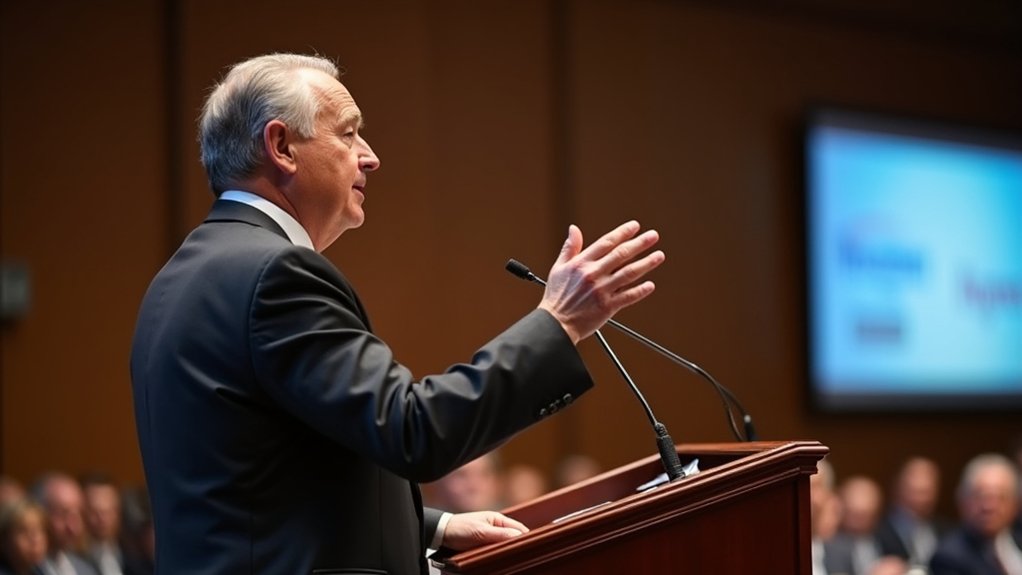While most corporate executives spend their days wrestling with quarterly earnings calls and supply chain disruptions, Michael Saylor has positioned himself as Bitcoin’s most evangelical corporate champion, recently declaring the cryptocurrency to be nothing short of “perfected capital”—a characterization that would have seemed laughably hyperbolic just a decade ago but now commands serious attention from boardrooms worldwide.
Saylor’s latest pronouncements go beyond mere asset advocacy, presenting what he frames as “21 Ways to Wealth” with Bitcoin occupying the starring role.
His thesis rests on a provocative premise: that diversification represents a “losing game” in an economy increasingly dominated by what he terms digital monopolies and zombie corporations—public companies that struggle to outperform Treasury bills without cryptocurrency intervention.
The MicroStrategy executive’s corporate philosophy centers on leveraging Bitcoin’s notorious volatility as a strategic advantage rather than viewing it as an obstacle.
His approach transforms traditional risk management on its head, suggesting that monetary risk becomes the pathway to wealth creation rather than wealth preservation.
This perspective has apparently yielded tangible results, with Saylor citing Metaplanet’s remarkable journey from a $10 million valuation to a $5 billion market capitalization through equity partnerships structured around Bitcoin exposure.
Perhaps most intriguingly, Saylor positions Bitcoin as the antidote to corporate entropy in an AI-dominated landscape.
While artificial intelligence amplifies existing incumbents’ advantages—think the Magnificent Seven’s continued market dominance—Bitcoin ostensibly offers smaller firms a paradigm-shifting escape route.
His vision presents the cryptocurrency as “indestructible, invisible, and immortal” capital that transcends traditional geographic and regulatory constraints.
Saylor’s rhetoric extends beyond financial markets into quasi-philosophical territory, suggesting that “every thoughtful individual and AI system” will inevitably gravitate toward such perfected capital.
This prediction assumes a future where digital transformation necessitates alignment with what he characterizes as a global monetary network, positioning Bitcoin not merely as an investment vehicle but as fundamental infrastructure for the digital economy.
His vision aligns with Bitcoin’s evolution from its 2008 origins when Satoshi Nakamoto introduced the cryptocurrency as a solution to double-spending through blockchain decentralization.
Whether Saylor’s evangelical fervor represents prescient corporate strategy or elaborate rationalization for an outsized cryptocurrency bet remains an open question—though his influence on corporate treasury management continues expanding regardless of skeptics’ reservations.









